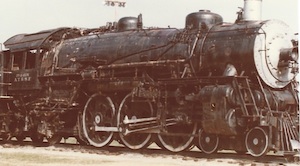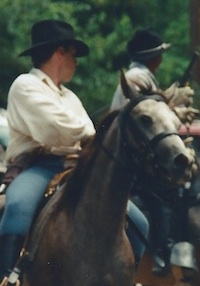



How did the James Brothers Become Folk Heroes?

 |
 |
|---|---|
 |
 |
 |

Civil War
The Great Northfield Minnesota Raid may have gone sour because the James boys didn’t do the planning.
Cole Younger chose the bank because of its ties to Union General Benjamin “Beast” Butler, commander of New Orleans in the Civil War. Butler issued General Order No. 28 which promised any female who failed to respect Union soldiers would be “...treated as a woman of the town plying her avocation.” Such a threat against sainted womanhood was sure to make every southern man’s blood boil.
Years of guerrilla warfare with Quantrill’s Raiders and Bloody Bill Anderson’s Bushwhackers had taught the outlaws lightning quick strikes and ruthlessness. They used both with precision to rob stores, trains and banks.
